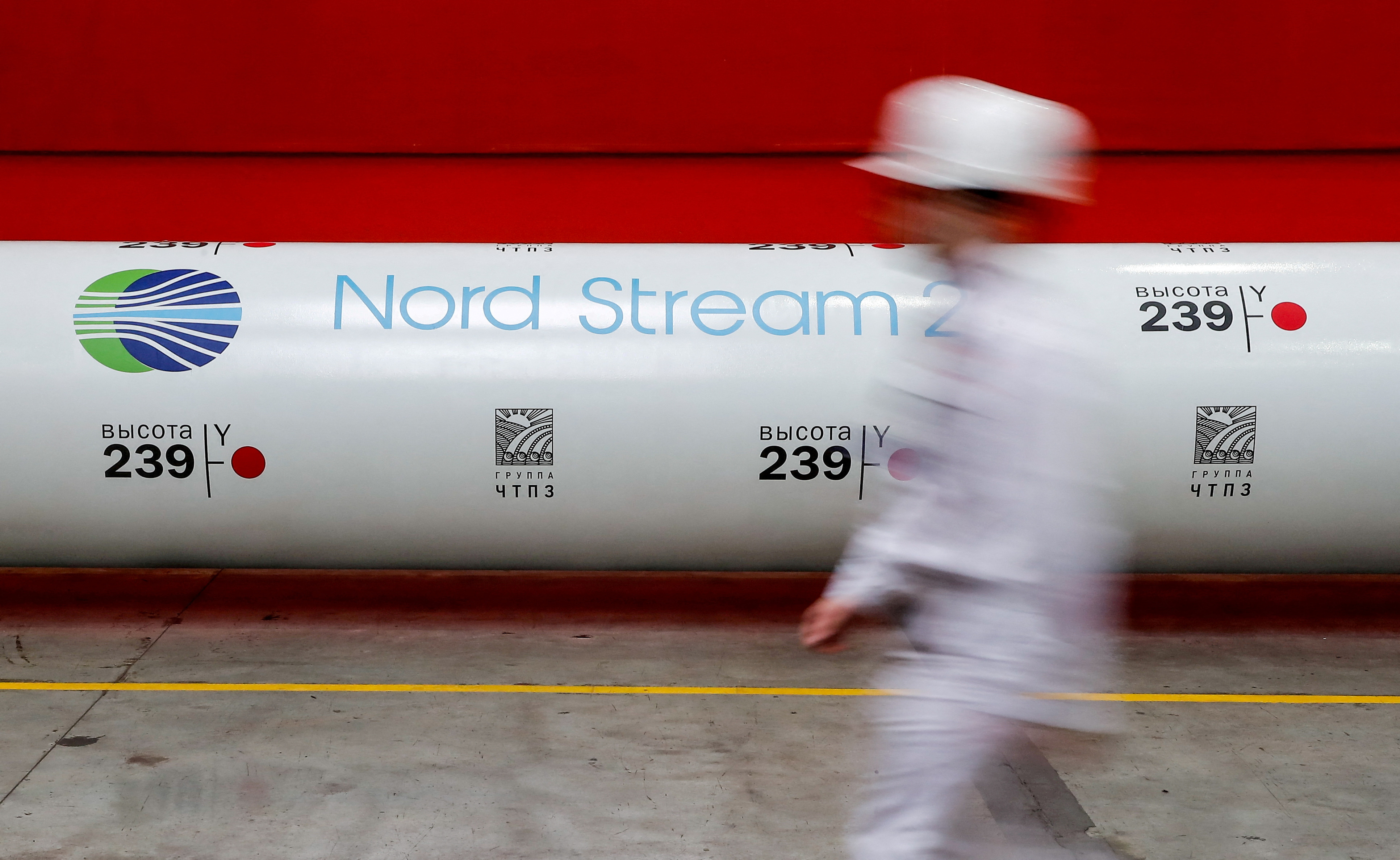Germany has asked Poland to arrest a Ukrainian diving instructor who was allegedly part of a team that blew up the Nord Stream gas pipelines two years ago, according to reports in German media published on Wednesday.
However, one media outlet said the man appeared to be no longer living in Poland.
The multi-billion dollar Nord Stream 1 and 2 pipelines transporting gas under the Baltic Sea were ruptured by a series of blasts in September 2022, seven months after Russia launched a full-scale invasion of Ukraine.
German investigators believe the Ukrainian diver was part of a team that planted the explosives, the SZ and Die Zeit newspapers reported alongside the ARD broadcaster, citing unnamed sources.
The German prosecutor general’s office declined to comment on the reports, which said the German government had handed a European arrest warrant to Poland in June. The Polish National Public Prosecutor’s Office made no immediate comment.
The German interior ministry declined to comment and the justice ministry did not immediately reply to an emailed request for comment.
SUSPECTED ACCOMPLICES
Another man and a woman – also Ukrainian diving instructors – have been identified in Germany’s investigation into the sabotage but so far no arrest warrants have been issued for them, according to SZ, Zeit and ARD.
The explosions destroyed three out of four Nord Stream pipelines, which had become a controversial symbol of German reliance on Russian gas in the wake of Moscow’s invasion of Ukraine.
Russia blamed the United States, Britain and Ukraine for the blasts, which largely cut Russian gas off from the lucrative European market. Those countries have denied involvement.
Germany, Denmark, and Sweden all opened investigations into the incident, and the Swedes found traces of explosives on several objects recovered from the explosion site, confirming the blasts were deliberate acts.
The Swedish and Danish probes were closed this February without identifying any suspect.
In January 2023, Germany raided a ship that it said may have been used to transport explosives and told the United Nations that it believed trained divers could have attached devices to the pipelines at a depth of about 70 to 80 metres (230-262 ft).







Click here to change your cookie preferences